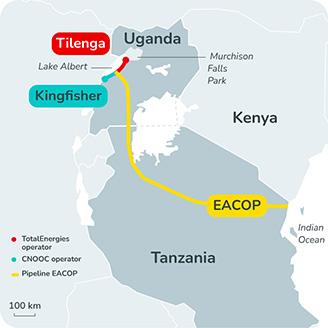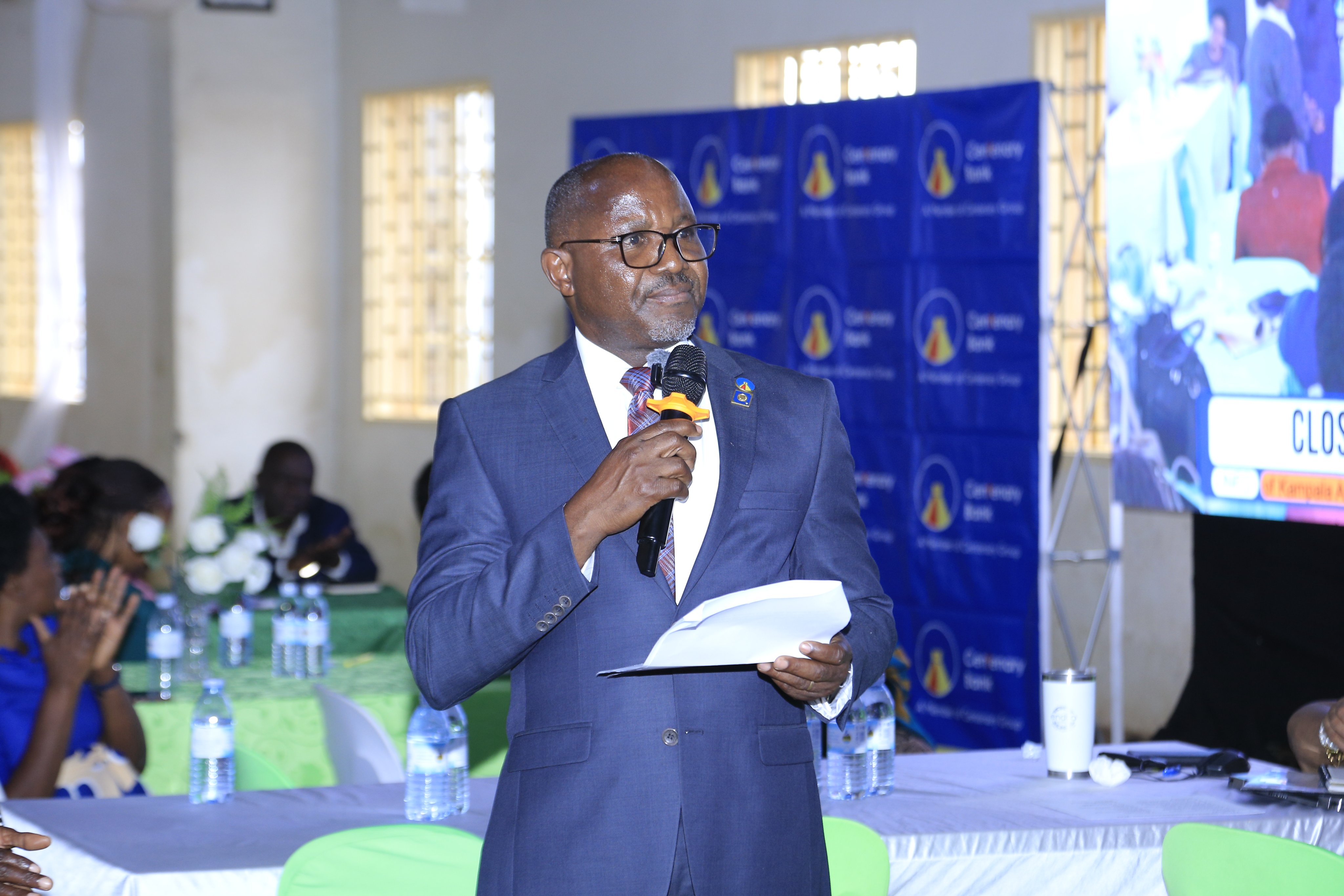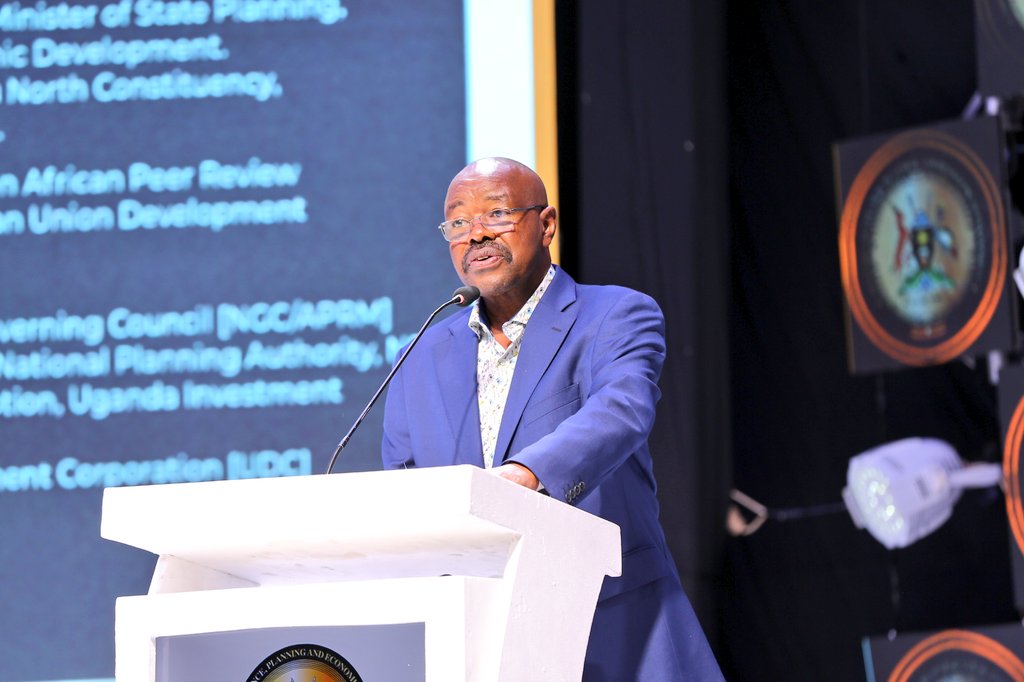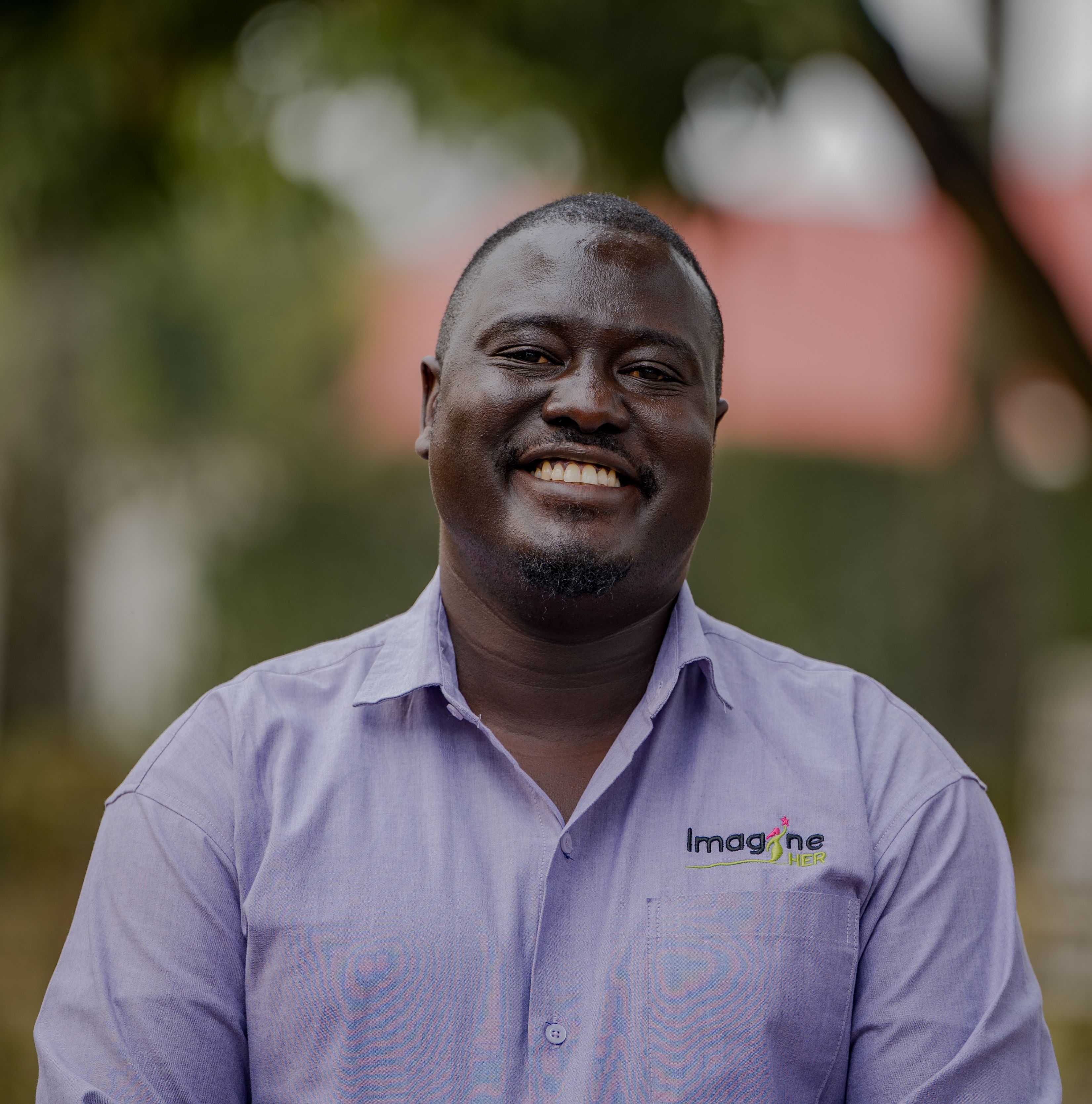OLIVE ATUHARE: We need to support oil host communities to improve on their welfare
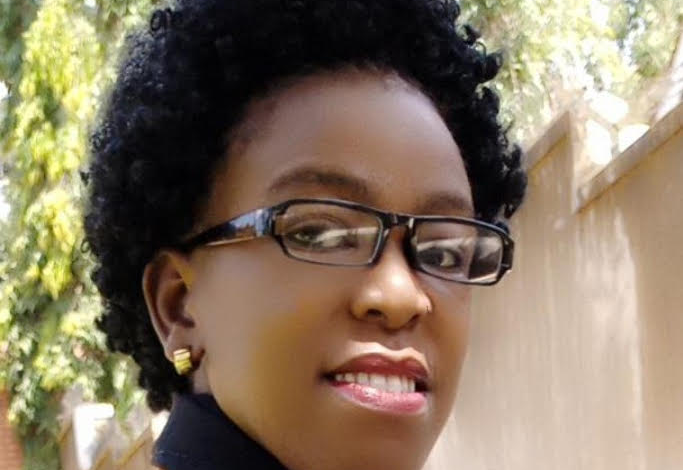
On February 15, 2024, I had an opportunity to attend an exchange learning for fisher folks who were drawn from the oil host affected countries from Uganda, Tanzania, Nigeria and South Africa held by Africa Institute for Energy Governance.
The purpose of the meeting was to have the fisher folks share experiences on the benefits of oil and learn from each other on the challenges they are facing amidst the Lake Albert oil project and how to overcome them. During the exchange learning, participants gave out their experiences on oil extraction and how it has impacted on the environment, water access, food security, health, civic space noting that oil has become a curse to host communities
Ms. Sharon and Mr. Nongcavu, fisherfolks from Nigeria, noted that oil activities have caused many challenges to people in Nigeria for example degradation of their environment, loss of biodiversity, disruption of their traditional livelihoods and increased poverty since most people used to depend on fishing activities which are no more because of oil extraction. Ms. Sharon noted that because of vibration and oil spills, fish are contaminated with oil and they use detergent to wash them before they prepare them and cannot sell them because of the oil smell in them which is absurd.
Mr. Seremos Kamuturaki from Buliisa in uganda, also noted that since the project’s inception, some homes have experienced loss of livelihoods, destruction of their environment and forced evictions like people’s land was taken away and left with no option other than fishing which people no longer do as their economic activity in lake Albert because they are restricted from accessing the lake by the army that were employed by the oil companies to oversee and protect the oil projects. She added that people who get chances to go fishing, their fish are taken by the army who eventually sell them as they remain silent because their voices are consistently marginalized and their concerns ignored.
Historically, lake albert in the early 1920’s to 1980’s was stable where food security was guaranteed and people had sustainable livelihoods as they could go fishing and earn a living, however, ever since the oil projects commencement in the area, people have lost their livelihoods, numerous human rights violations and environmental harms have been inflicting upon the oil host communities near the lake as a result of the oil projects
Additionally, participants from Buliisa noted that the health of the community members has been compromised and the army that was introduced in the area to protect the oil projects are going ahead to violate community members’ rights as they fear them due to lack of voices to air out their views. Pollution at the main central processing facility in Kasenyi has also become a challenge to the community members because some contaminated water which escapes from the facility, enters river Nile and Lake Albert as it is adjacent to the two sources that at times people use that water for drinking and for domestic consumption which is unfortunate.
For instance, people who have been doing fishing in Lake Albert have been also displaced from their traditional and cultural places. Communities on some landing sites in Buhuka parish in Kikuube district where kingfisher project is located was also re-located and also oil host community members in Kikuube whose land was used for constructing roads never got any compensation due to lack of voices to put out their issues to the concerned stakeholders and Oil companies such as TotalEnergies, CNOOC.
The oil projects have also raised a lot of concerns about the increasing of carbon emissions and environmental degradation through extraction and burning of fossil fuels that contribute significantly to climate change. We should therefore note that promoting fossil fuels will contradict the goals of mitigating climate change as the world faces an urgent need to increase transition to a just energy that will last for ages and provide sustainable health life for people without any threats.
It should be noted that the oil projects have already brought significant changes to people’s lives and their surroundings especially in Kasenyi village in Buliisa district where a thousand of people were affected by floods last year caused by total energies. The truth is that a lot has already been witnessed by oil host communities like the degradation of their environment, loss of biodiversity and disruption of their traditional livelihoods. This shows that oil extraction further will exacerbate these issues and pose a grave threat to the well-being and the sustainability of their future.
According to my experience from the exchange learning workshop of the fisherfolks from different countries which hosts oil, we should be mindful of what more is going to come out after oil extraction in the coming years. This should be a “wakeup call to the new realities” as we all know that the extraction and burning of fossil fuels including oil are the major contributors to greenhouse gas emissions which are driving global warming and causing devastating effects on communities and ecosystems. Therefore, we should then know that oil production will not only perpetuate people’s dependence on fossil fuels but also will hinder Uganda’s efforts to transition to clean energy and mitigate climate change by 2030.
Olive Atuhaire is a research associate



